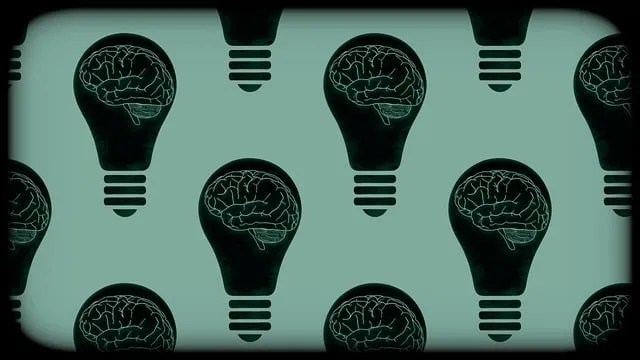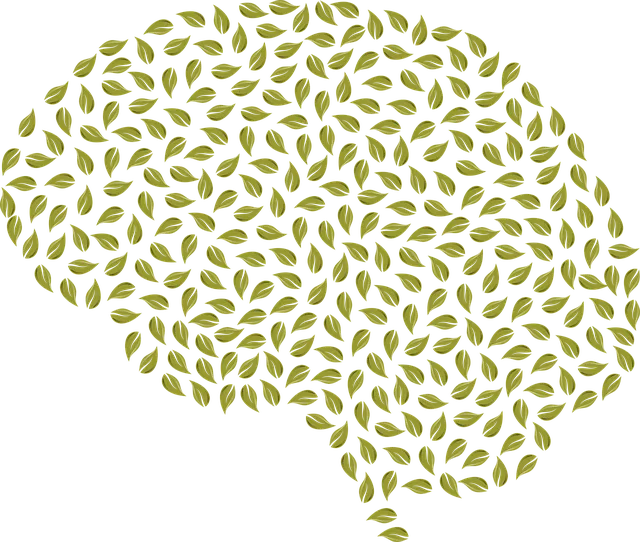Lafayette Kaiser Permanente psychiatry offers specialized programs for emotion regulation, focusing on evidence-based techniques like cognitive strategies and mindfulness. By identifying triggers, challenging negative thoughts through cognitive restructuring, and practicing healthy coping mechanisms, individuals gain control over their emotional responses. These techniques enhance well-being and performance in healthcare settings, fostering resilience against stress, burnout, and crisis. Lafayette Kaiser Permanente's approach promotes mental health awareness and cultural competency, enabling people to take charge of their emotional well-being effectively.
Emotion regulation techniques are essential tools for navigating life’s challenges. This comprehensive guide, informed by the expertise of Lafayette Kaiser Permanente Psychiatry, explores effective strategies to manage and understand emotions. We delve into identifying triggers and patterns, cognitive rewired strategies, behavioral techniques, and mindfulness practices. By mastering these skills, individuals can achieve emotional balance, enhance well-being, and improve their overall quality of life.
- Understanding Emotion Regulation: The Role of Lafayette Kaiser Permanente Psychiatry
- Identifying Triggers and Patterns: A Key Step in Learning to Manage Emotions
- Cognitive Strategies: Rewiring Your Mind for Emotional Balance
- Behavioral Techniques: Practical Steps to Soothe and Stabilize Moods
- Mindfulness and Meditation: Cultivating Present-Moment Awareness for Emotional Regulation
Understanding Emotion Regulation: The Role of Lafayette Kaiser Permanente Psychiatry

Emotion regulation is a vital skill, especially in high-pressure professions like healthcare. Lafayette Kaiser Permanente Psychiatry plays a crucial role in teaching and supporting individuals to manage their emotions effectively. Through specialized programs, they guide both patients and healthcare providers alike to navigate challenging situations with resilience.
This mental health arm offers evidence-based techniques for mood management, stress reduction methods, and burnout prevention strategies tailored to the unique needs of their community. By fostering emotional intelligence, Lafayette Kaiser Permanente Psychiatry empowers individuals to recognize and regulate their emotions, thereby enhancing overall well-being and performance in both personal and professional spheres.
Identifying Triggers and Patterns: A Key Step in Learning to Manage Emotions

Identifying triggers and patterns is a fundamental step in learning to manage emotions, as recommended by experts at Lafayette Kaiser Permanente psychiatry. By becoming aware of what sets off intense emotional reactions, individuals can start to unravel the complex interplay between their thoughts, feelings, and behaviors. This process involves paying close attention to recurring situations or cues that consistently lead to specific emotional responses—be it anxiety, anger, or sadness.
Understanding these triggers and patterns allows for the application of Mind Over Matter principles, which form a cornerstone of effective mental wellness strategies. As explored in the Mental Health Education Programs Design and even highlighted in the Mental Wellness Podcast Series Production, recognizing these connections empowers individuals to develop coping mechanisms tailored to their unique experiences. Through this awareness, one can begin to challenge and alter unhelpful thought patterns, fostering better emotional regulation and overall mental health.
Cognitive Strategies: Rewiring Your Mind for Emotional Balance

Cognitive strategies are a powerful tool in emotion regulation techniques teaching, offering individuals a way to rewire their minds and achieve emotional balance. This involves challenging and changing negative thought patterns that contribute to distressing emotions. For instance, mindfulness-based cognitive therapy (MBCT) encourages individuals to observe their thoughts without judgment, fostering a greater sense of detachment from negative or distorted thinking. By practicing this, patients at Lafayette Kaiser Permanente psychiatry can learn to recognize and alter their emotional responses before they spiral out of control.
The process often begins with identifying triggers and understanding the connection between thoughts, feelings, and behaviors. Mental Health Policy Analysis and Advocacy plays a crucial role here by promoting awareness about the impact of systemic issues on individual mental wellness. Once these patterns are recognized, individuals can employ strategies like cognitive restructuring, where they replace negative thoughts with more realistic and balanced ones. Inner Strength Development is fostered through this process, allowing folks to cultivate resilience and a sense of control over their emotional reactions. Mental Wellness Coaching Programs Development can further enhance these skills by providing structured guidance tailored to each individual’s unique needs.
Behavioral Techniques: Practical Steps to Soothe and Stabilize Moods

Emotion regulation techniques teaching offers practical tools for managing and stabilizing moods, particularly useful in stressful times. Behavioral techniques, recommended by Lafayette Kaiser Permanente psychiatry experts, focus on cultivating healthy coping mechanisms. Simple steps like deep breathing exercises, progressive muscle relaxation, and mindful activities can soothe distressing emotions and promote a sense of calm.
These techniques empower individuals to build resilience, following the mind over matter principles. By consistently practicing these strategies, people can better navigate life’s challenges, reducing the intensity of emotional crises. Moreover, crisis intervention guidance provided through these teachings equips individuals with the skills to respond adaptively during turbulent times, fostering greater emotional stability and overall well-being.
Mindfulness and Meditation: Cultivating Present-Moment Awareness for Emotional Regulation

Mindfulness and meditation practices have emerged as powerful tools for emotion regulation, offering individuals a way to cultivate present-moment awareness and gain inner strength. Lafayette Kaiser Permanente psychiatry emphasizes this approach as part of its comprehensive mental health services. By focusing on the here and now, mindfulness helps individuals become more attuned to their emotions without judgment, enabling them to respond rather than react to challenging situations.
Regular meditation practice can enhance emotional resilience by fostering a deeper understanding of one’s thoughts and feelings. This enhanced self-awareness allows for early recognition of emotional triggers, enabling individuals to employ coping strategies before intense reactions set in. Incorporating mindfulness into daily routines promotes mental health awareness and cultural competency training, empowering people to take charge of their emotional well-being, much like a sailor navigating choppy waters with steadfastness and poise.
Emotion regulation techniques, as taught by experts like Lafayette Kaiser Permanente psychiatry professionals, offer a holistic approach to managing mental health. By understanding triggers, rewire thinking patterns, and adopting practical behavioral strategies, individuals can gain significant control over their emotional responses. Incorporating mindfulness and meditation further enhances this process, allowing for greater present-moment awareness and emotional balance. Through consistent practice, these techniques can revolutionize one’s ability to navigate life’s challenges with resilience and equanimity.






